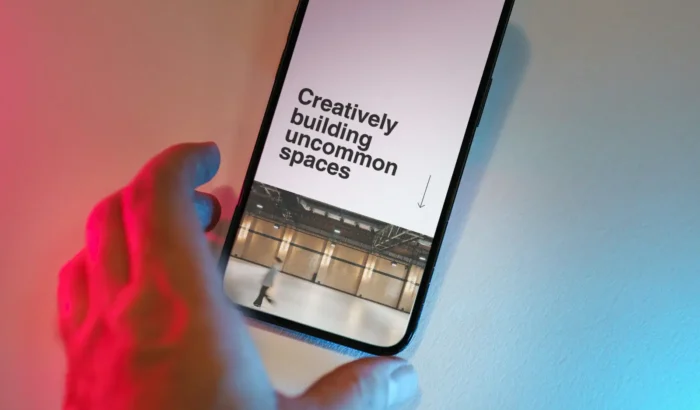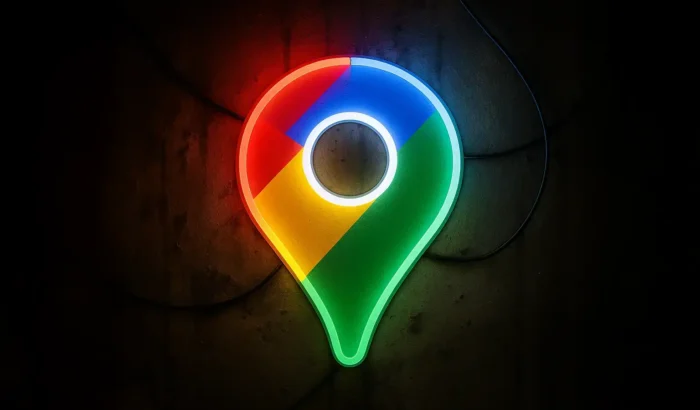Google AI Search: How to Make Your Website Rank
If you’ve been paying attention to search lately, you might have noticed things are getting a bit errr… smarter. Google’s shifting towards AI-powered results with Search Generative Experience (SGE) gradually rolling out and it’s flipping the script on how people find what they’re looking for. But don’t panic. With a bit of strategy (and a strong coffee), you can still get your site to show up where it matters.
Whether you’re a Bristol website design studio or a small business trying to make noise online, here’s how to stay visible in the age of AI search.
1. Think Like a Human (Because AI Is Trying To)
AI-generated results aim to give users complete answers, not just a list of blue links. That means your site needs to actually answer questions. If your content is fluff-filled or just a wall of keywords, Google’s AI will skip right over it in favour of sites that explain things clearly and confidently.
💡 Tip: Use tools like AlsoAsked and Answer the Public to find what real people are asking, then create pages or blogs that answer those questions — properly.
2. Nail Your Structured Data (aka Schema)
AI needs context, and that’s where structured data comes in. Schema markup helps Google understand what your content means, not just what it says.
For example, if you’re a WordPress developer offering “WooCommerce development in Bristol,” adding relevant schema can tell search engines that you’re a service provider, based in a specific location, and working with eCommerce clients. It also helps you land those rich results, like FAQs and how-tos.
What is schema? I hear you cry. Fear not – check out our break down explaining what schema is and how to use it.
💡 Tools to try: Schema.org or the Yoast SEO plugin if you’re on WordPress.
3. Use Google Search Console Like a Legend
GSC is your direct line to Google. You can see what queries people are using to find you, which pages are ranking (and which aren’t), and even if your site’s getting kicked out of search for technical reasons.
It also shows Core Web Vitals – metrics that affect how your site performs on mobile and desktop, which definitely influences your position in AI-driven results.
💡 Link it up here: Google Search Console
4. Optimise for E-E-A-T (It’s Not a Sandwich)
E-E-A-T stands for Experience, Expertise, Authoritativeness and Trust. In plain English: show you know your stuff. AI needs to know it’s recommending solid content from reliable people so add author bios, cite sources, link out to trustworthy websites and keep your content fresh.
5. Local SEO Still Matters (Especially in Bristol)
If you’re a local business say, a Bristol website designer (see what we did there?) AI results will still serve up local suggestions when they’re relevant. That means your Google Business Profile, local citations, and consistent NAP info (Name, Address, Phone) across directories all play a role.
💡 Pro tip: Use Google Business Profile or Moz Local to manage and track your local listings.
6. Speed (Still) Kills
If your site is slower than your nan’s dial-up, Google’s AI isn’t going to bother with it. Use tools like PageSpeed Insights or GTmetrix to check your site performance.
Bonus points for using green hosting (shout out to Krystal for keeping things fast and eco).
TL;DR
To rank in Google’s AI search, don’t just shove in keywords and hope for the best. Create useful, trustworthy content that answers real questions, structure your site for machines and humans, and keep your tech tidy.
And if you’re feeling overwhelmed by structured data, local SEO or how to make WordPress behave, well… that’s what we’re here for.
Want help with Bristol website design or a future-proof SEO strategy? Drop us a line. We speak fluent Google (and human).












